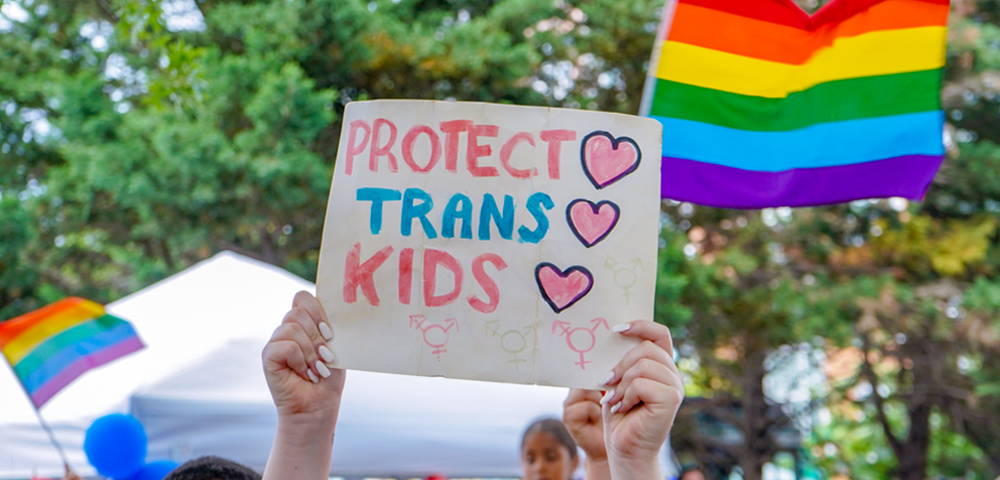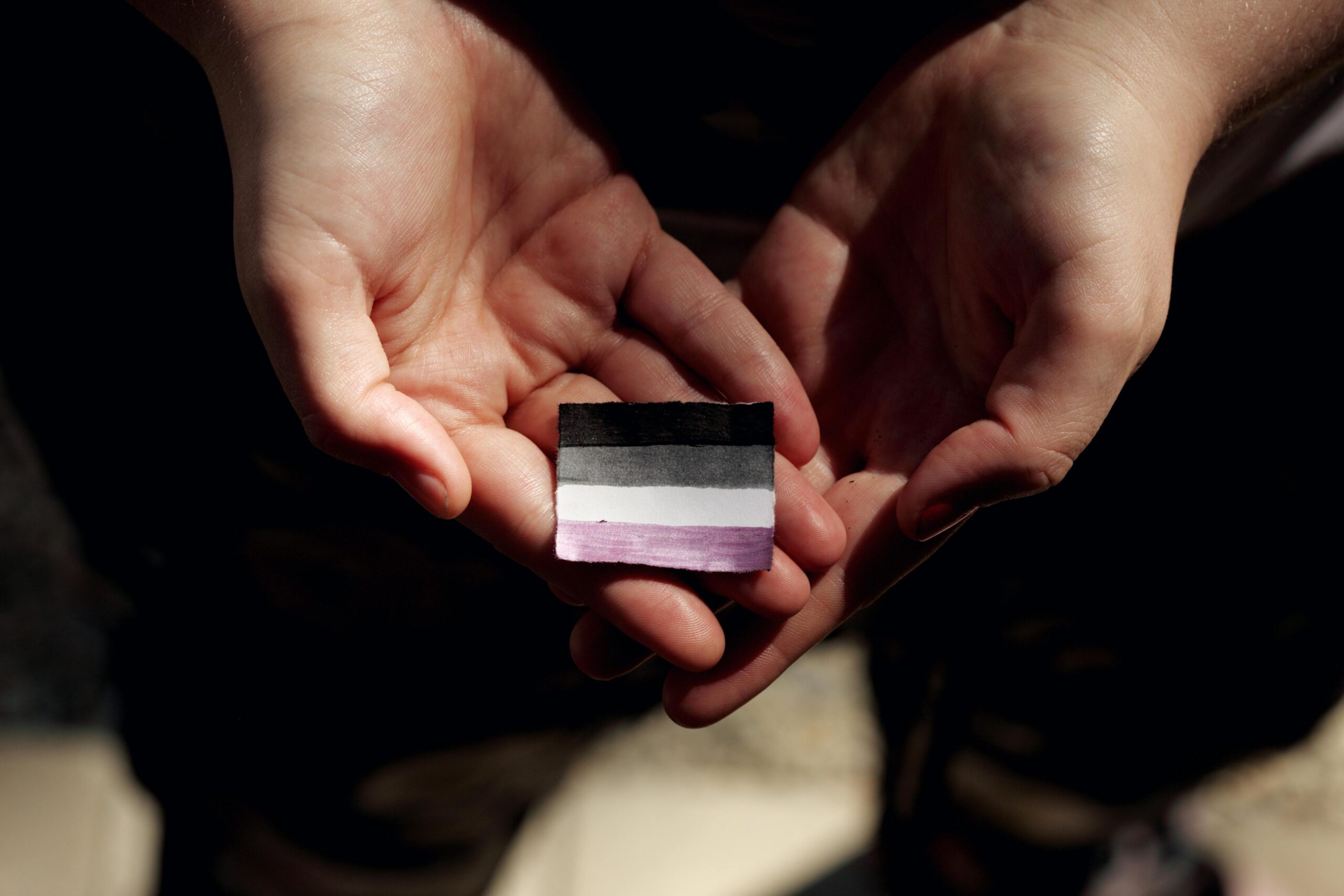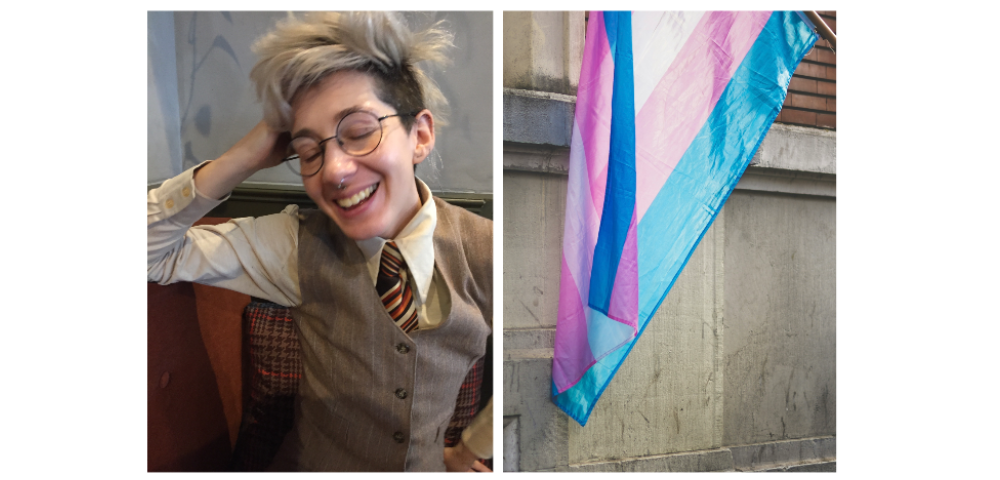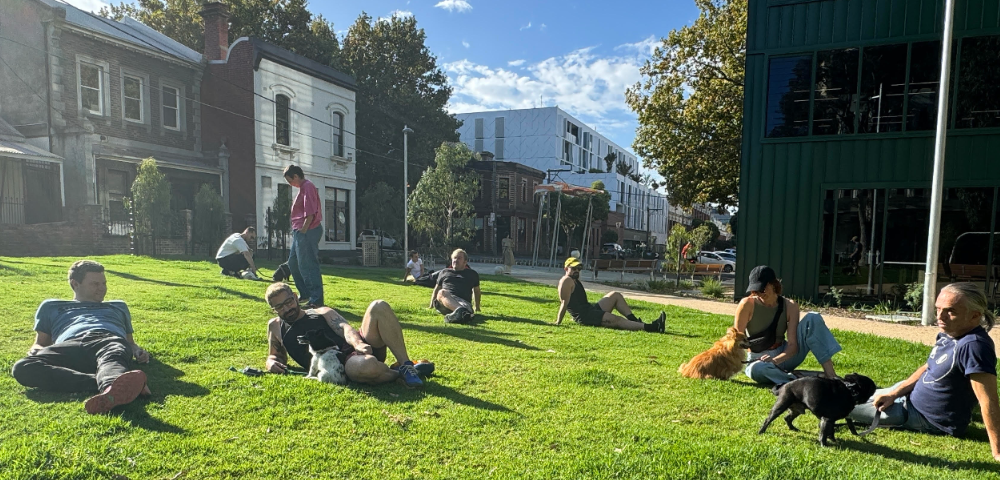
A commonwealth of human rights
As the Commonwealth Heads of Government Meeting (CHOGM) ends in Perth, Australia must work to ensure that human rights remain at the forefront of the Commonwealth policy agenda.
Many CHOGM nations must begin this by confronting the troubling reality that LGBTI discrimination continues in their own countries, especially when their laws continue to condone violence against sexual and gender minorities.
Archaic laws proscribing ‘sodomy’ or ‘acts against the order of nature’ inhere in 41 (out of 54) Commonwealth countries. We only need to look at places like Jamaica or Uganda to see the troubling vestiges of colonial penal laws and pervasive religious dogma that are used to guard against what is commonly referred to as the ‘perversion’ of homosexuality.
For example, the Ugandan Anti-Homosexuality Bill debated earlier this year would have seen an expansion in criminal punishment that attaches to same-sex relationships — including the death penalty.
Homophobia, however, is not confined to Uganda. It remains a pervasive problem that cuts across many geographic, political, religious and cultural boundaries.
As former High Court justice and member of the CHOGM Eminent Persons Group, Michael Kirby observes, punitive laws that criminalise consensual same-sex sexual activity across the Commonwealth, aside from breaching the right to privacy and freedom of expression, pose broader public health concerns.
Despite accounting for 30 percent of the global population, the Commonwealth represents 60 percent of those diagnosed with HIV.
Denying same-sex attracted people the capacity to participate in public discourse on health issues, and subsequently disallowing them access to appropriate sexual health information and services fosters a culture of stigma, shame and unsafe sexual practices.
On June 15 2011 the Human Rights Council passed a historic resolution expressing grave concerns at the human rights violations committed against individuals based on their sexual orientation and gender identity, referencing the principles of equality and non-discrimination articulated in the Universal Declaration of Human Rights.
What is ultimately at stake in these discussions is respect for the inherent dignity of individuals. The Commonwealth must confront the fact that human rights continue to remain on the periphery of international policy-setting and that the current mechanisms for accountability are insufficient. CHOGM provides a timely opportunity to redress this.
Equality and respect can only be delivered if the Commonwealth is willing to acknowledge the paramount importance of protecting the human rights of all its citizens.
By SENTHORUN RAJ, NSW GLRL









